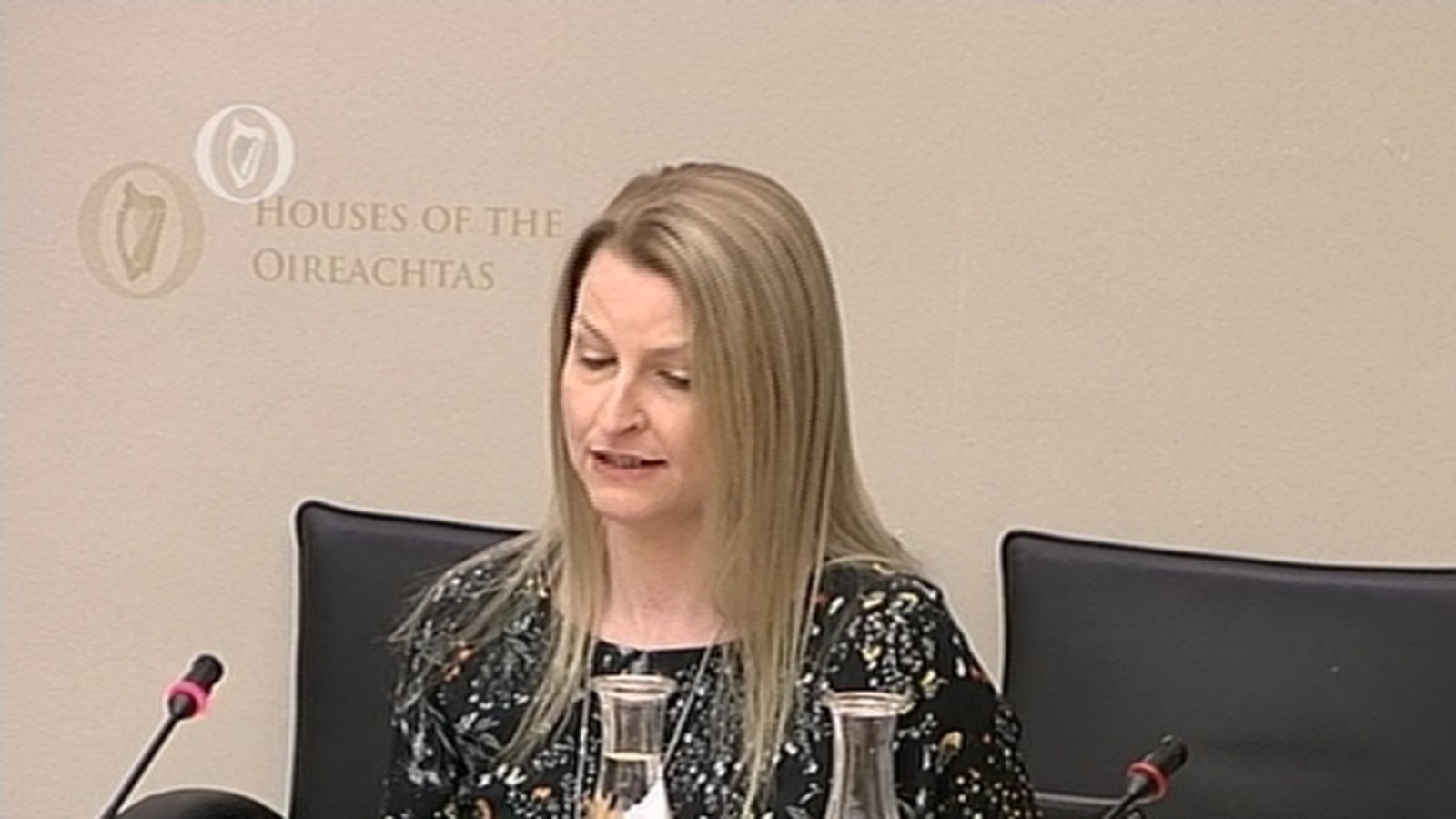Govt urged to ‘show restraint’ to keep economy on track


The Irish Fiscal Advisory Council (IFAC) has warned that loose budgetary policies could overheat the economy and it has urged the Government to show restraint.
The council said that now is not a time for the ‘everything now’ approach of cutting taxes and increasing current and capital spending all at once.
IFAC’s latest Fiscal Assessment Report focuses on the Government’s medium-term plans set out in April’s Stability Programme Update (SPU).
Increases in capital spending can be facilitated, it said, and that this can be done without overheating the economy by increasing taxes or containing current spending.
The current budgetary policy is “not appropriate” for the economy or the public finances, according to IFAC, which concludes that given the strong economy, budgetary policy should not add to demand.
In its report, IFAC highlighted that the National Spending Rule is set to be repeatedly breached and it once again accused the Government of engaging in “fiscal gimmickry”.
“Since the Rule was introduced in 2021, breaches add up to €8.5 billion (9.7%) by 2024,” the report found.
“Our assessment of the breach is larger than that shown in the SPU 2024. This is because we account for likely spending overruns and fiscal gimmickry,” IFAC said.
The report concludes that the Irish economy remains strong and that the jobs market is extremely tight, with unemployment rates at record low levels.
‘Fiscal gimmickry’
IFAC said it welcomed the fact that spending on health related to Covid-19 and spending on humanitarian assistance for Ukrainian refugees is being included in spending forecasts beyond this year.
This is in contrast with Budget 2024, when this spending was assumed to fall to zero in 2025.
“However, this spending is likely to be long-lasting. Hence, it should be included in core spending,” IFAC said.
“The continued use of fiscal gimmickry – the use of creative accounting techniques to make a government’s fiscal numbers adhere to fiscal rules or look more favourable than they are – is undesirable as it weakens transparency,” the report states.
IFAC is also highlighting that overruns in health spending are still not reflected in SPU 2024 spending forecasts.
It is warning that spending overruns are materialising earlier in the year than normal and are at a higher level than previously seen.
Corporation tax
In its report, IFAC said that Government revenue is highly concentrated and hence could reverse suddenly.
“Corporation tax receipts are concentrated among a small number of large foreign-owned multinationals. We estimate just three firms accounted for 43% of corporation tax revenues in 2022,” IFAC said.
“Income tax is also highly concentrated. A small number of highly paid employees pay much of our income tax. A downturn in a small number of sectors would impact on income tax as well as corporation tax,” the report states.
Professor Micheal McMahon, Acting Chairperson of the Fiscal Council said that with the economy performing well, now is not the time for loose budgetary policy.
“Choices need to be made. Doing ‘everything now’ – tax cuts, current spending increases and ramping up capital spending – could overheat the economy and add to price pressures,” Prof McMahon said.
“The Future Ireland Fund is an important tool to manage windfall corporation tax receipts. If larger savings were made now, that would mean more of the future costs of an ageing population and climate change could be offset,” he added.
Government response
In response to the IFAC Fiscal Assessment report, Minister for Finance Michael McGrath defended the Government’s record in managing the public finances.
He pointed to cumulative budget surpluses, falling public debt and the build up of substantial cash reserves through the NTMA.
“In addition, €6 billion has been put aside in a National Reserve Fund and two new long-term savings funds have been established which will benefit the public in the years ahead and help to make our finances more secure,” Mr McGrath said.
“Ireland has enjoyed several upgrades by debt ratings agencies, most recently from Fitch and can now borrow at rates on a par with or less than core eurozone countries such as France, Belgium, Netherlands, and Finland.
“This has been achieved at the same time as delivering substantial cost-of-living measures and investment in public services and infrastructure,” he added.
Mr McGrath said the Government will provide a further update on its budgetary strategy in July with the publication of the Summer Economic Statement.





